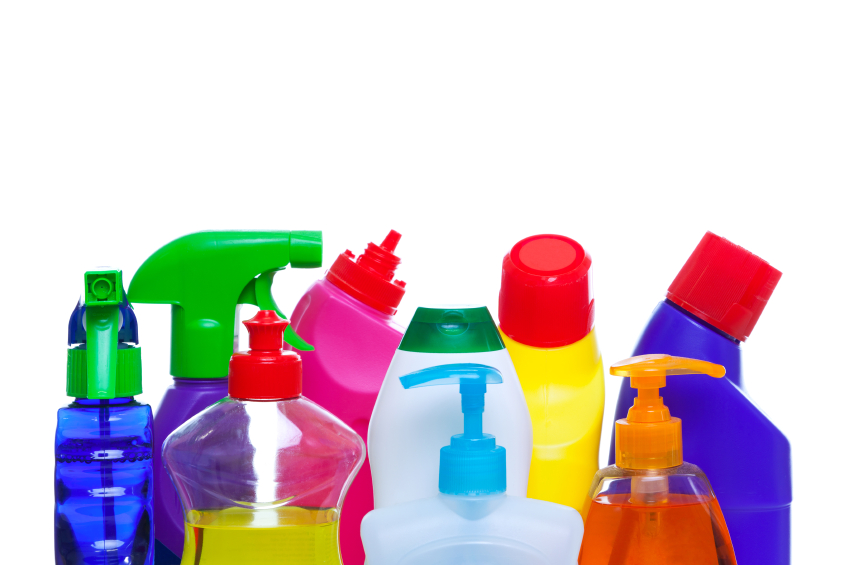
According to the
U.S. Environmental Protection Agency, the definition of “household hazardous waste” is any “leftover household products that contain corrosive, toxic, ignitable, or reactive ingredients… Products, such as paints, cleaners, oils, batteries, and pesticides, that contain potentially hazardous ingredients, require special care when you dispose of them.”
Improperly disposing of HHW can “pollute the environment and pose a threat to human health,” the EPA continues. Luckily, most communities in the U.S. have
HHW facilities where consumers can bring old, leftover or unwanted HHW for safe disposal.
Reducing your need for HHW in the first place can make your life a little easier and it is a safer environmental option.
Here are some tips for reducing your HHW:
- Use the least hazardous products possible. Many products have less toxic or nontoxic options. If you have to purchase a hazardous product, check into less hazardous alternatives. To find out more information about safer pesticides, visit beyondpesticides.org.
- Read labels. Make sure you are buying a product that is going to do what you need it to do. Once you purchase, follow the instructions for safe use, proper ventilation and storage. Using more of a product than is necessary could pose a danger to your health and could impact the environment in a negative way.
- If you have leftovers, give the product to someone who can use them. Look around for a home for your leftover hazardous products. Maybe a friend, neighbor, charity or other community group is in need of something you no longer need.
- Avoid aerosols. Aerosols pose both human and environmental health concerns. Plus, they are not economic — much of the product ends up dispersed into places it was not intended to go.
- Recycle. If you need to use a product that is hazardous, make sure you dispose of it properly at the end of its useful life. Many cities have HHW facilities where you can drop off your hazardous waste. Check if your community has a HHW facility that collects year-round. The EPA advises that some of these facilities “have exchange areas for unused or leftover paints, solvents, pesticides, cleaning and automotive products, and other materials. By taking advantage of these facilities, materials can be used by someone else, rather than being thrown away.”
For more information about household hazardous waste, visit the EPA website.
